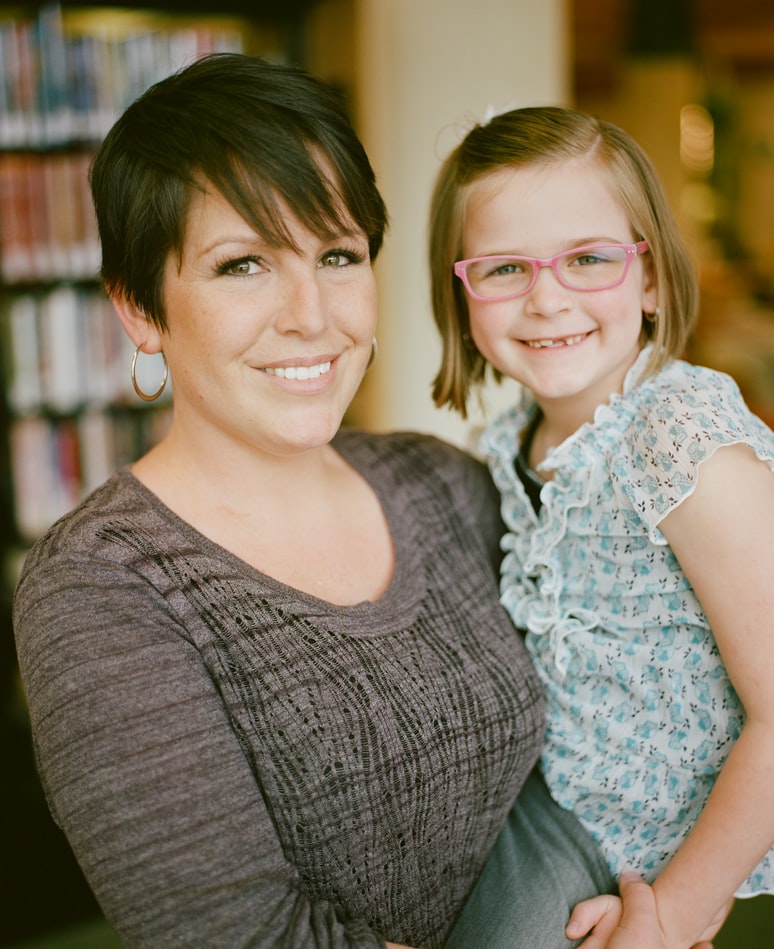As soon as your child came into the world, they started to learn new skills. However, unless they have the confidence and self-belief, it will be hard for them to put those skills to good use. Confidence is what gives them the strength to step outside of their comfort zone, try new things and overcome challenges.
Developing self-esteem in children is important because it affects their overall well-being and success in life. Children with high self-esteem are more likely to have positive relationships, perform well academically, and are believed to have better mental health. On the other hand, children who lack self-confidence doubt their abilities. They might not participate if they feel like others won’t accept them. They could also easily allow others to mistreat them and could struggle to speak for themselves. In addition, they might easily give up or just not try at all. Children with low self-esteem may have difficulty handling it when they make a mistake, lose, or fail; as a result, they might not perform as well as they could. (1)
As kids become older, that confidence can become just as crucial as the actual talents. To thrive, children need to trust in their own skills while, at the same time, understanding that they can handle it if they aren’t successful at anything just yet. They gain strong self-confidence through achieving mastery and recovering from setbacks. (2)
So, you may be wondering how you can support your child and help them with their self-esteem. Here are some tips from an international school in London.
Set a Good Example
As with most things, when teaching your child a certain moral or a way to behave, the best thing you can do is to model that behaviour yourself.
Children frequently pick up manners and attitudes from the adults in their environment, particularly their parents and caregivers. They are more likely to acquire these qualities if parents or other primary caregivers exhibit high self-esteem by being self-assured, optimistic, and resilient. (1)
If you are fearful of certain things, like public speaking for example, your child will pick up on that and will likely share your fears. So, even if you’re not feeling particularly confident about something, don’t let your child see it. If you have to do a speech at work, say things like “I’m sure I’ll be fine as I have done a lot of preparation”, as opposed to “I’m dreading the speech at work, I’m going to fail”.
Furthermore, teaching kids how to deal constructively with setbacks or disappointments is another aspect of modeling strong self-esteem. Children are more likely to develop resilience and tenacity in the face of difficulties when adults serve as role models for doing so.
Don’t Get Hung Up on Your Child’s Mistakes
Often, being afraid of failure is what affects one’s confidence. With this in mind, try not to be too hard on your child if they fail at something or make a mistake. Instead, tell them that its okay; they’re only human after all. Teach them that mistakes often make us stronger because we are able to learn from them. If your child isn’t afraid of the consequences of failure, they won’t be as afraid to try in the first place.
Children who receive harsh criticism for their errors may become too critical of themselves and suffer from low self-esteem, which can result in feelings of inadequacy and a lack of confidence in one’s own capabilities.
However, when parents respond to their kids’ mistakes in a supportive and constructive way, it can foster resilience and growth in mentality within the child. They can learn to see mistakes as opportunities for development and learning by placing more emphasis on effort and progress than just the final product. Also, when parents and other adults are encouraging and understanding when their kids make mistakes, it can improve the parent-child bond and create a sense of safety and trust where kids feel free to express themselves and try new things.
Praise Effort and Perseverance
If you notice that your child is putting in a lot of hard work and commitment to succeed at something, even if it doesn’t always go to plan, be sure to praise them. Confidence is all about being resilient and carrying on even when the going gets tough. Try to celebrate the effort that they put into things as opposed to the outcome.
Parents and caregivers can help children build self-esteem by providing a safe and supportive environment where they can explore their interests and talents by giving positive feedback and encouragement. Focusing on the child’s effort and progress is important rather than just their achievements. Children also benefit from being involved in activities where they can experience success and build their confidence. (1)
However, overpraising kids can have unintended negative effects on their self-esteem, motivation, and general development, so it is important to always exercise caution. Instead of emphasizing internal motivation and personal development, young people could start seeking too much external validation and praise. This could result in concentrating mainly on success and accomplishment rather than effort and learning. In addition, children who receive excessive recognition may develop a sense of entitlement, believing that they are deserving of praise and prizes regardless of their effort or behavior.
Encourage Expressing Feelings
It is crucial to encourage kids to express their emotions as this may help with the growth of their emotional intelligence and self-control – which are both essential for their general well-being. (3)
Encouraging children to express their emotions increases their likelihood of understanding and feeling acknowledged, which can enhance their emotional health and development in general. Children who learns to express their emotions and deal with them constructively can also improve their communication and problem-solving skills. (3)
Meanwhile, children may acquire harmful coping mechanisms, such as holding in their emotions or acting out in anger when they suppress their feelings or when their emotions are minimized and disregarded. Anxiety, sadness, and relationship issues are just a few of the mental and behavioral issues that may result from this.
Build Competence through Practice
Encourage your kid to practice whatever they’re into, but don’t put them under too much pressure. “Practice makes an effort with the sure belief that improvement will come”, as a piano prodigy named Harmony Shu revealed to Ellen DeGeneres that she began training at the age of 3. (4)
One crucial part of a child’s growth and development is getting them to practice so they can get better. When kids practice, they feel more confident in their skills and improve at what they try to do. This can help them do better and be more successful in many parts of their lives. Children also learn the value of hard work and perseverance with something by doing it. This can help them build a strong work ethic and a positive mindset.
Also, when kids practice and get better at things like schoolwork or sports, they may feel like they’ve mastered and accomplished something, which can be very rewarding and satisfying. This can make them more interested and motivated in these areas, and it could lead to new chances and successes in the future.
These are just a few ideas to get you started, and there are plenty of other ways to help your child become more confident. Encourage them to try new things and step outside of their comfort zone so that they learn that nothing is as scary as that first step. Embrace their imperfections and give them their own responsibilities so that they can see that you believe in them.
References:
(1) https://kidshealth.org/en/parents/self-esteem.html
(2) https://childmind.org/article/12-tips-raising-confident-kids/




